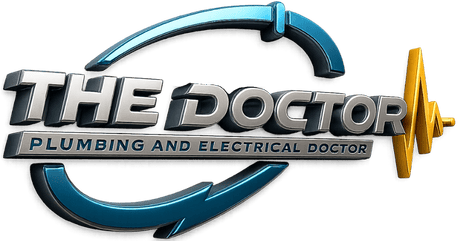Solar Hot Water Systems
Upfront pricing, no hidden costs.
What Is A Solar Hot Water System?
A solar hot water system, also referred to as a solar thermal system, harnesses the inexhaustible energy of the sun to generate hot water. This eco-friendly technology utilizes solar collectors, typically installed on rooftops or other sun-exposed areas, to absorb sunlight and convert it into heat. Through a sophisticated process, this heat is then transferred to a fluid within the system, which circulates to a water storage tank, where it heats up the water for various domestic uses.
This innovative system stands out as one of the most energy-efficient methods for water heating, provided it’s meticulously installed and strategically positioned to maximize sunlight exposure. By leveraging renewable solar energy, it significantly reduces reliance on traditional energy sources, thereby lowering utility bills and diminishing environmental impact.
Each of these installations presents unique benefits and considerations, catering to different preferences, architectural configurations, and environmental factors. By understanding these distinctions, consumers can make informed decisions when selecting the most suitable solar hot water solution for their needs.
Pros & Cons of Purchasing a Solar Hot Water Heaters
Cost
Solar hot water systems are cost-effective to run due to free energy but have the highest upfront installation costs. If installed, they can significantly lower your energy bills.
Reliability
Solar hot water systems require minimal maintenance but must be serviced regularly to maintain warranty conditions. With proper care, they can last up to 20 years, typically needing heat transfer fluid replacement every 5 years.
Environmental Impact
It generates the least carbon gas emissions which are far better for the environment. Rest easy at night knowing that you were able to contribute to environmental sustainability by using renewable energy resources.
What Are The Most Common Types Of Solar Hot Water Installations On the Market?
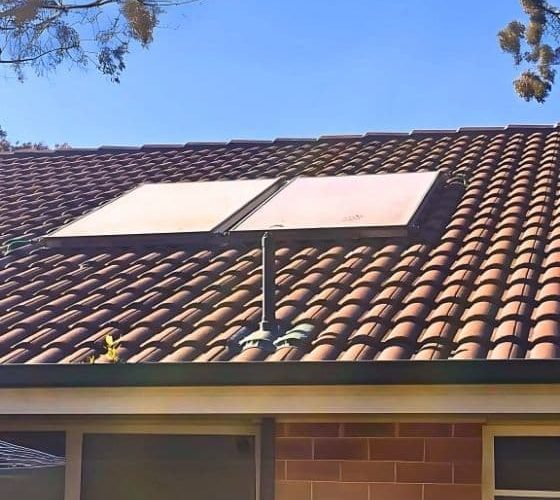
Highline Solar Installation:
In this setup, both the water tank and the solar panels are strategically positioned on the roof. The solar panels harness the sun’s energy directly from above, maximizing exposure to sunlight throughout the day.
The tank, typically insulated to maintain water temperature, is seamlessly integrated into the roof structure. This configuration not only optimizes space utilization but also minimizes heat loss during the transfer of hot water from the panels to the tank.
Low Line Solar Installation:
Contrary to the highline setup, the low line solar installation features the water tank positioned on the ground while the solar panels are mounted on the roof. By situating the tank at ground level, accessibility for maintenance and servicing is enhanced.
Additionally, this configuration may offer more flexibility in terms of tank size and placement, accommodating varying household requirements and spatial constraints. The panels, still positioned on the roof, capture sunlight efficiently to heat the water stored in the tank below.
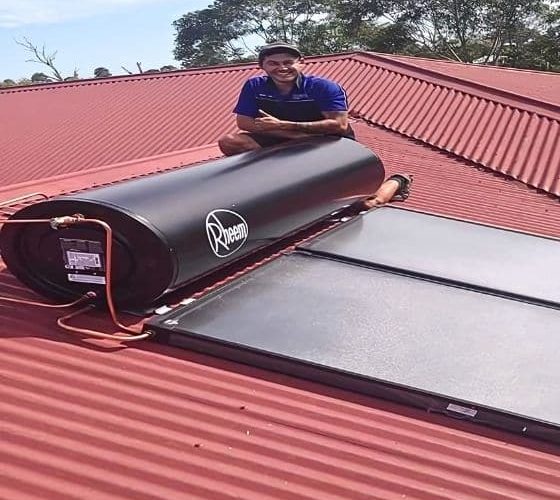
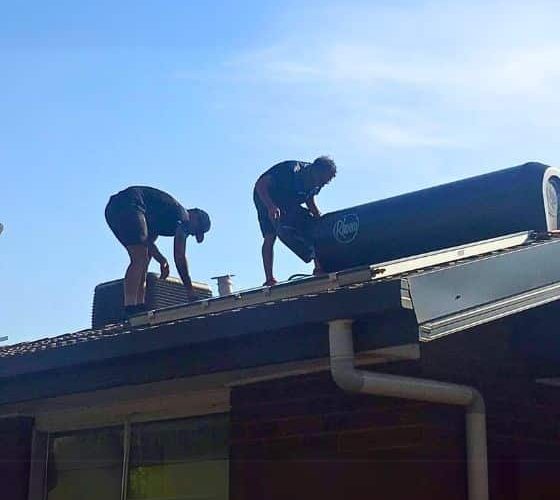
Evacuated Tube Solar Installation:
This innovative design employs a series of glass tubes instead of traditional flat solar panels. These tubes, often arranged in parallel rows, efficiently absorb solar energy. The water tank, typically placed on the ground, is connected to these tubes via a network of pipes.
The evacuated tube system offers several advantages, including increased efficiency in capturing sunlight, especially in colder climates or overcast conditions. Additionally, the design allows for selective heating, enabling users to heat specific portions of the tank as needed, thus optimizing energy usage. Furthermore, the tubes’ cylindrical shape minimizes heat loss, enhancing overall system performance and reliability.
What Are Solar Hot Water Heaters Made Of?
There are several types of solar hot water systems available in the market. They differ significantly between brands and types. The components are basically the same in solar hot water installations and are usually made up of:
By integrating these components into a cohesive system, solar hot water heaters offer an eco-friendly and cost-effective solution for meeting hot water needs, reducing dependency on conventional energy sources while minimizing carbon emissions.
1. Solar Collectors
These panels, typically mounted on rooftops, comprise an absorber plate that captures solar radiation, converting it into heat energy. The design and number of collectors vary based on factors such as required sunshine exposure and the water demand of the premises.
2. Heat Transfer Fluids
Serving as conduits between the collectors and heat exchangers, these fluids can be either antifreeze solutions or potable water. They facilitate the transfer of thermal energy captured by the collectors to the heat exchangers for further processing.
3. Systems Controller
It regulates the temperature inside the tank to make sure it’s not excessively hot and makes sure that the heat transfer fluids carry sufficient heat.
4. Heat Exchangers:
Positioned within the storage tank, these interconnected pipes receive heat from the transfer fluids. As the fluids circulate through the exchangers, they transmit their thermal energy to the water stored in the tank, gradually raising its temperature.
5. Storage Tanks:
Serving as reservoirs for hot water, these tanks store the heated water until it's needed for domestic or commercial use. Tank size and insulation properties are typically optimized to accommodate varying demand and minimize heat loss.
6. Boosters:
To mitigate reliance solely on solar energy, boosters—either electric or gas-powered—are integrated into the system. Activated during periods of insufficient sunlight, these supplementary heaters ensure a continuous supply of hot water, thereby enhancing system reliability.
How Often Will I Require Repairs?
Your Solar Hot Water Heater is showing signs of wear and tear, leaving you without the comforting warmth of hot water. Understanding the intricacies of Solar Hot Water Heaters and their potential faults is crucial, as it equips you with knowledge to address issues effectively. Here, we present three key solutions tailored to your specific needs:
The frequency of repairs hinges largely upon the type of system you own. High-line solar hot water systems boast simplicity, comprising minimal mechanical components such as the element and thermostat. Consequently, they demand fewer repairs compared to their low-line counterparts, which rely on intricate mechanisms like pumps and sensors to facilitate the circulation of hot water from the ground to the panels.
At times, customers reach out to the Plumbing and Electrical Doctor, expressing dissatisfaction with their solar hot water system, citing persistent issues and a desire for replacement. This underscores the paramount importance of a meticulously planned and executed solar hot water system installation. Achieving optimal functionality necessitates ideal conditions—a generous northerly aspect devoid of shading, positioned at the precise angle to harness maximum solar energy. For those contemplating the installation of solar hot water systems or contemplating a replacement for their existing unit, diligent research is imperative. Selecting a system with robust warranties and tailored to your family’s or business’s needs ensures long-term satisfaction and efficiency.
Need Advice Or A New Solar Hot Water Heater? Contact Us Today!
List Of Popular Product Brand Of Hot Water System
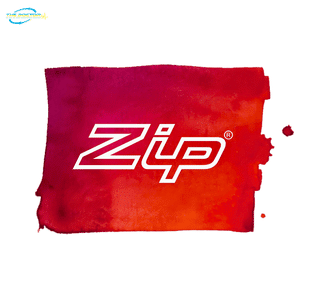

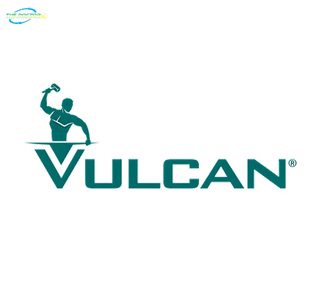

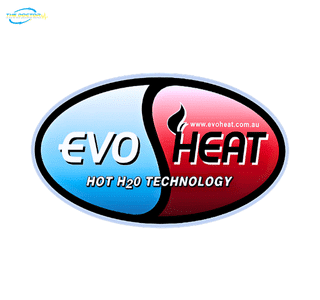
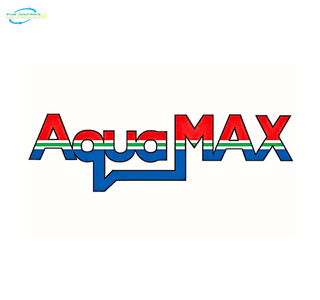
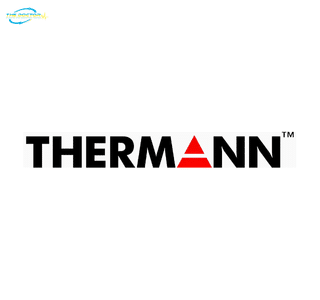

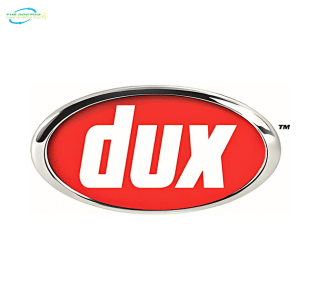
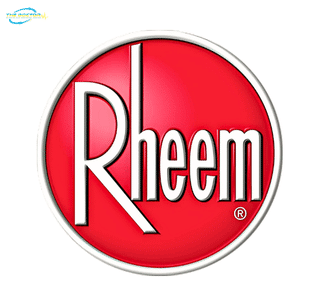
THE DOCTOR GETS IT DONE

